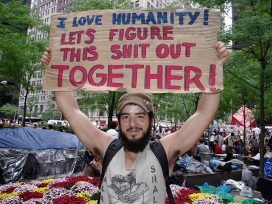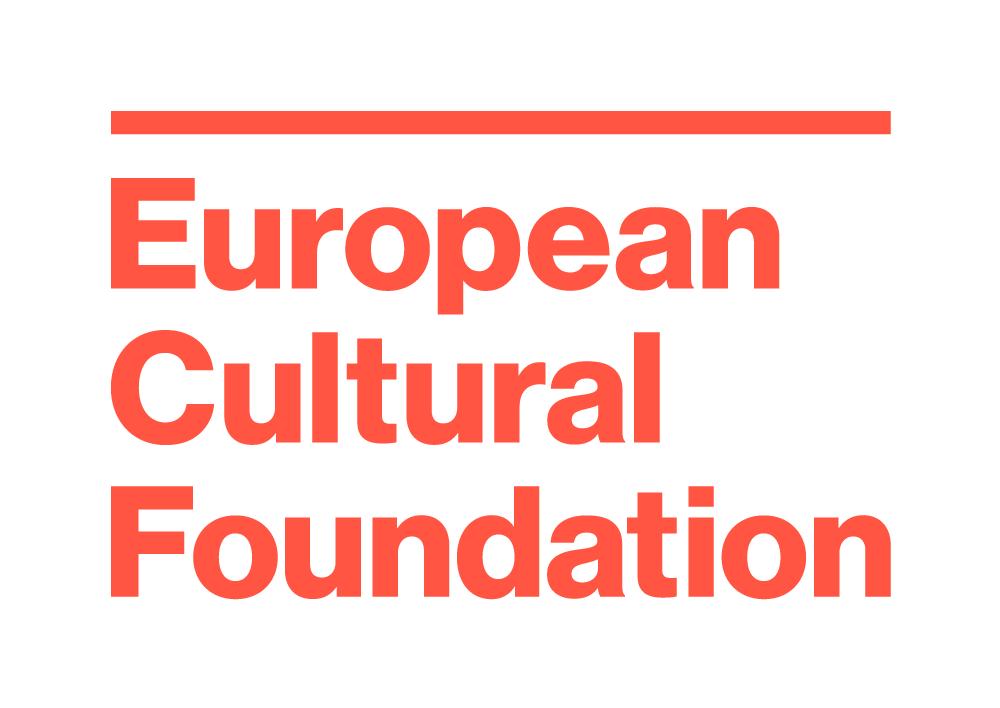In recent years, issues of solidarity have dominated political debates on both sides of the Atlantic. In the aftermath of the 2008 financial crisis, questions of inequality and solidarity have become intertwined – especially in countries that have implemented severe austerity measures. Over the past year, however, questions of both national and international solidarity have also been central in connection to the treatment of refugees and migrants. These ‘crises’ have led to polarization, but also to an increase in grass-roots mobilization to express discontent with national governments and/or EU policies, as well as to create alternative forms of community support within European societies and beyond.
This Focal Point is based on panel discussions held at the 27th European Meeting of Cultural Journals / 10th Conference on Solidarity in Gdańsk, 4-6 November 2016.
The conference was organized jointly by Eurozine, the Institute for Human Sciences in Vienna, the European Solidarity Centre in Gdańsk and Res Publica Foundation.
In partnership with:
Erste Foundation and Mayor of Gdańsk
Co-funded by:
Ministry of Foreign Affairs, Republic of Poland
Foundation for Polish-German Cooperation
Connected action for the Commons, European Cultural Foundation
Project co-financed by the Ministry of Foreign Affairs of the Republic of Poland

In collaboration with

Who will outsmart who, and who will be kicked out first? This is the job market, and probably society at large, reduced to the level of a TV reality show, writes Bauman. However, though the spirit of solidarity is in exile, it would be premature to give up on the prospect of its return just yet.








